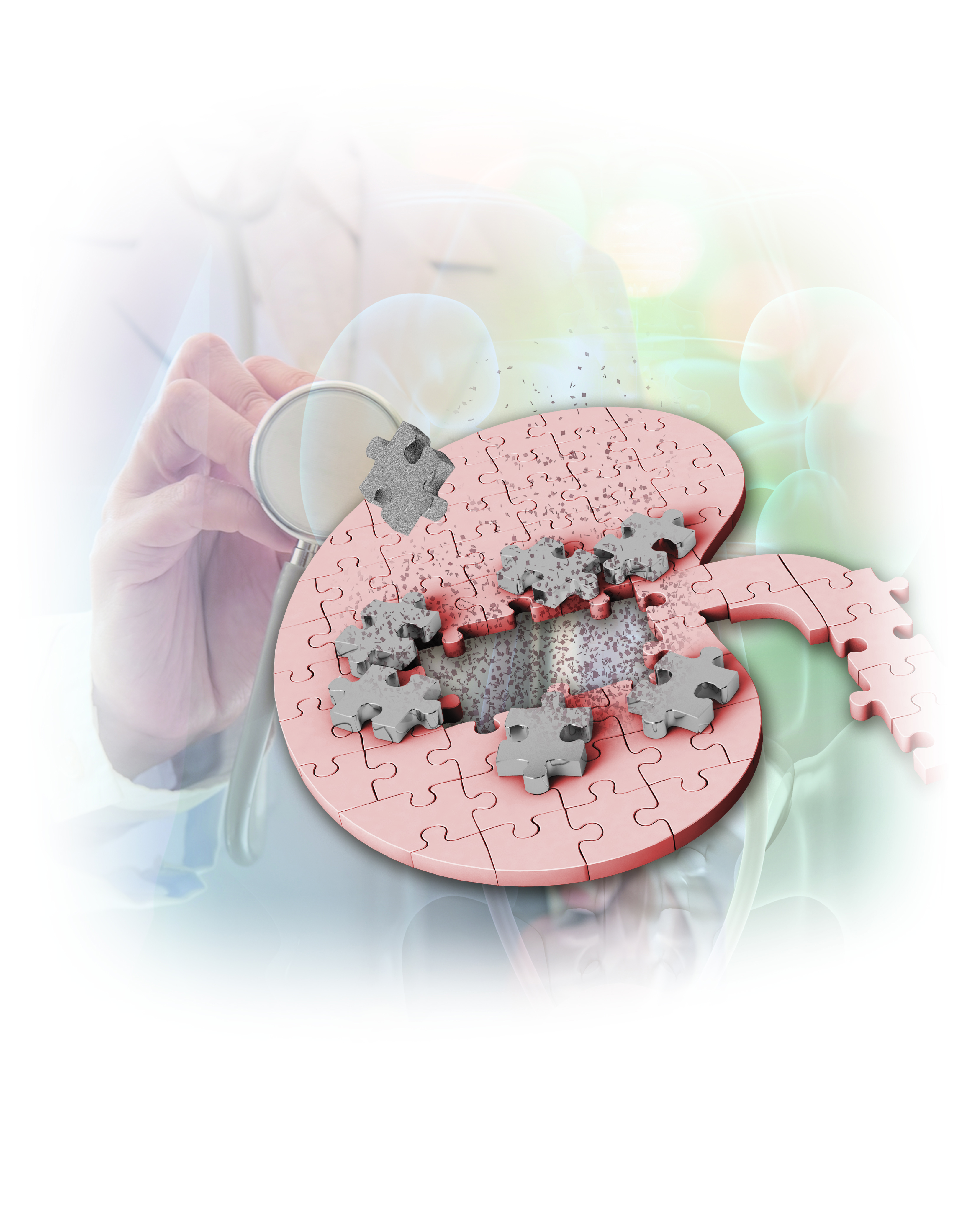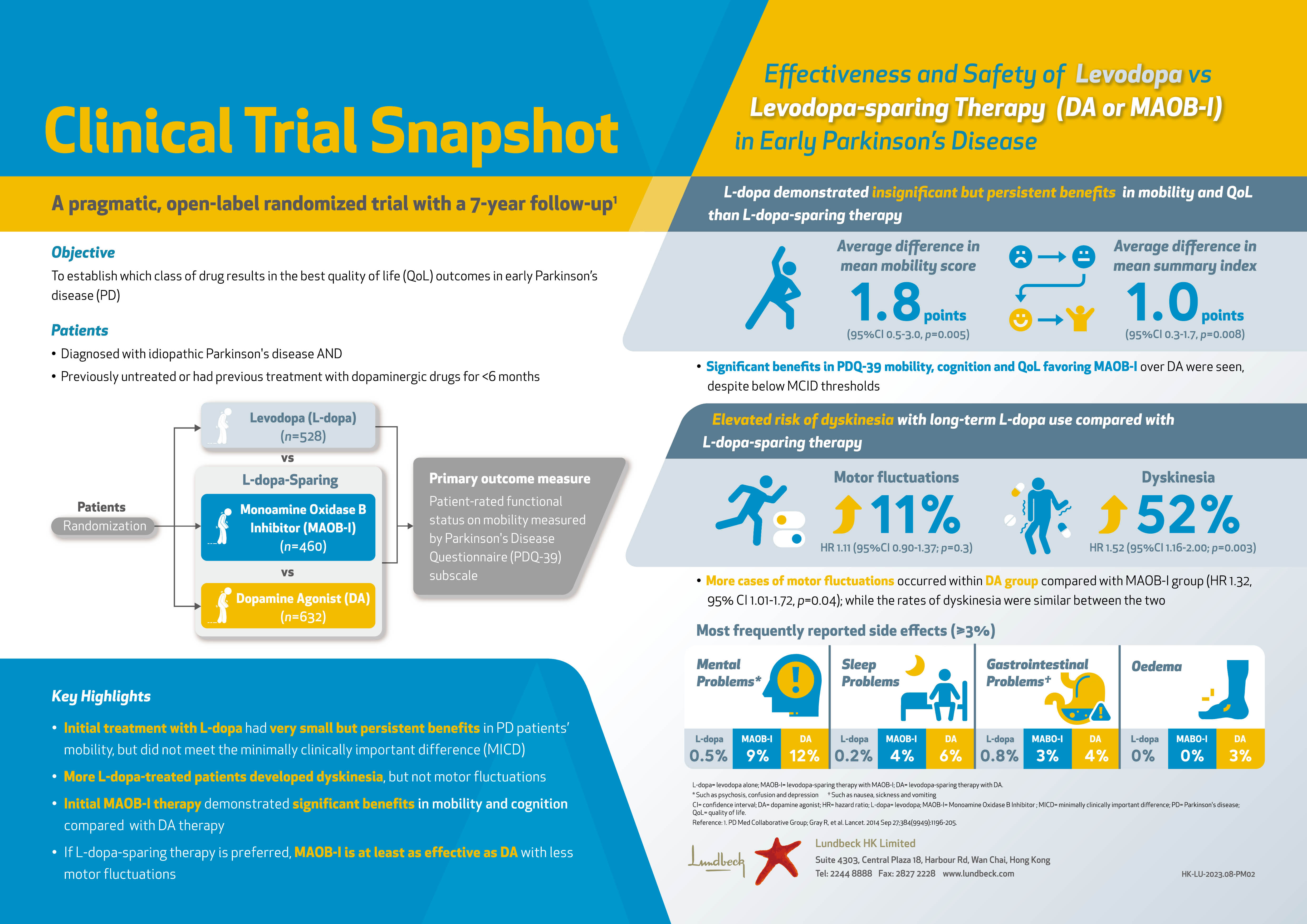Reduced Risk of Nonalcoholic Fatty Liver Disease by the Use of Statins1
Nonalcoholic fatty liver disease (NAFLD) is among the most common causes of chronic liver disease worldwide and the disease can result in advanced liver fibrosis and cirrhosis. The recommended management of NAFLD involves treating the liver disease itself and associated metabolic comorbidities. Abnormal blood cholesterol levels can be controlled by statins. However, their effect on NAFLD is still unclear. In a nationwide case-control study in Korea involving 5,339,901 subjects that had a fatty liver index (FLI) < 30 and included in the non-NAFLD cohort, 164,856 subjects had NAFLD developed. Statin use was demonstrated to associate with a reduced risk of NAFLD development (adjusted odds ratio [OR]: 0.66, 95% CI: 0.65-0.67) and was independent of associated diabetes mellitus (DM). Further, the use of statins reduced the risk of significant liver fibrosis (adjusted OR: 0.43, 95% CI 0.42-0.44), independent of DM. These results indicated that statin use decreased the risk of NAFLD occurrence and the risk of liver fibrosis once NAFLD developed.
References
1 Lee et al. Am J Gastroenterol 2021; 116: 116-24.





